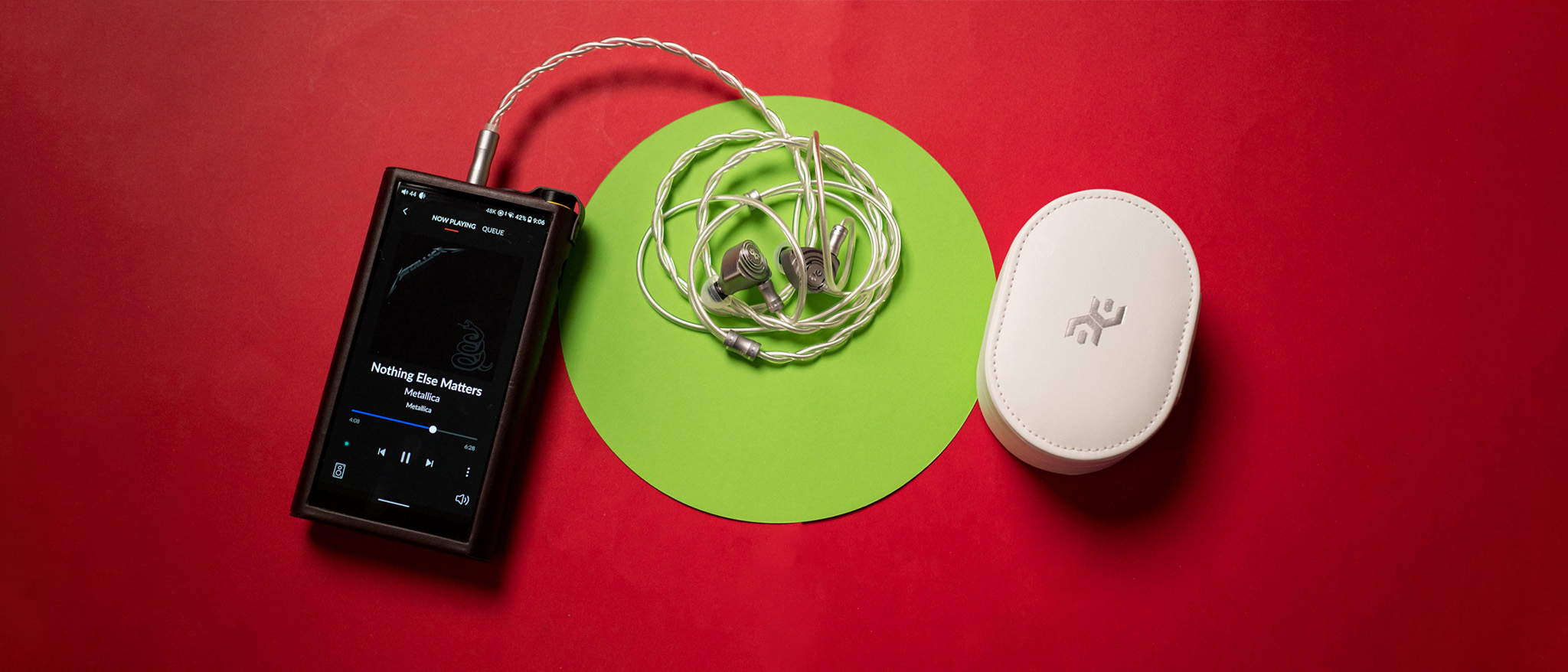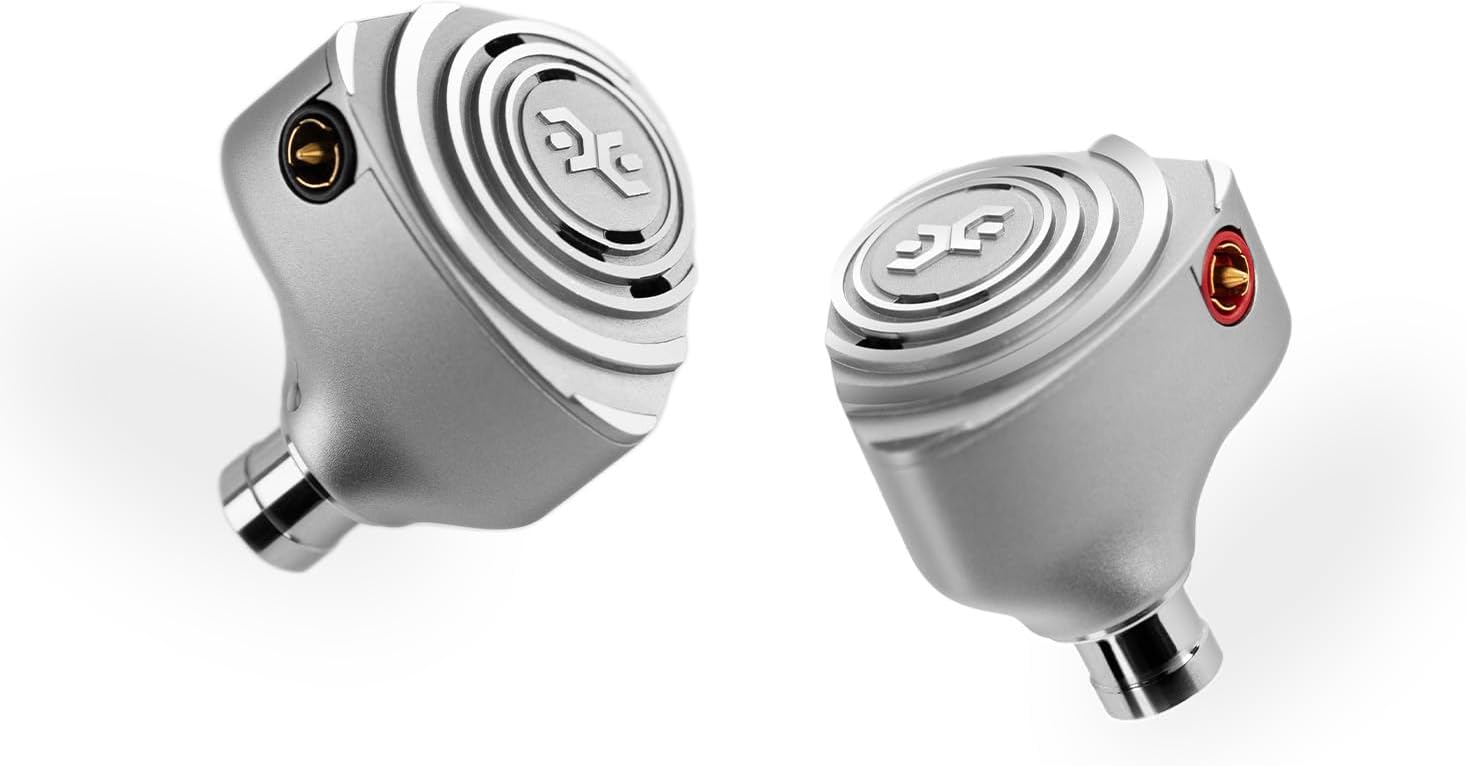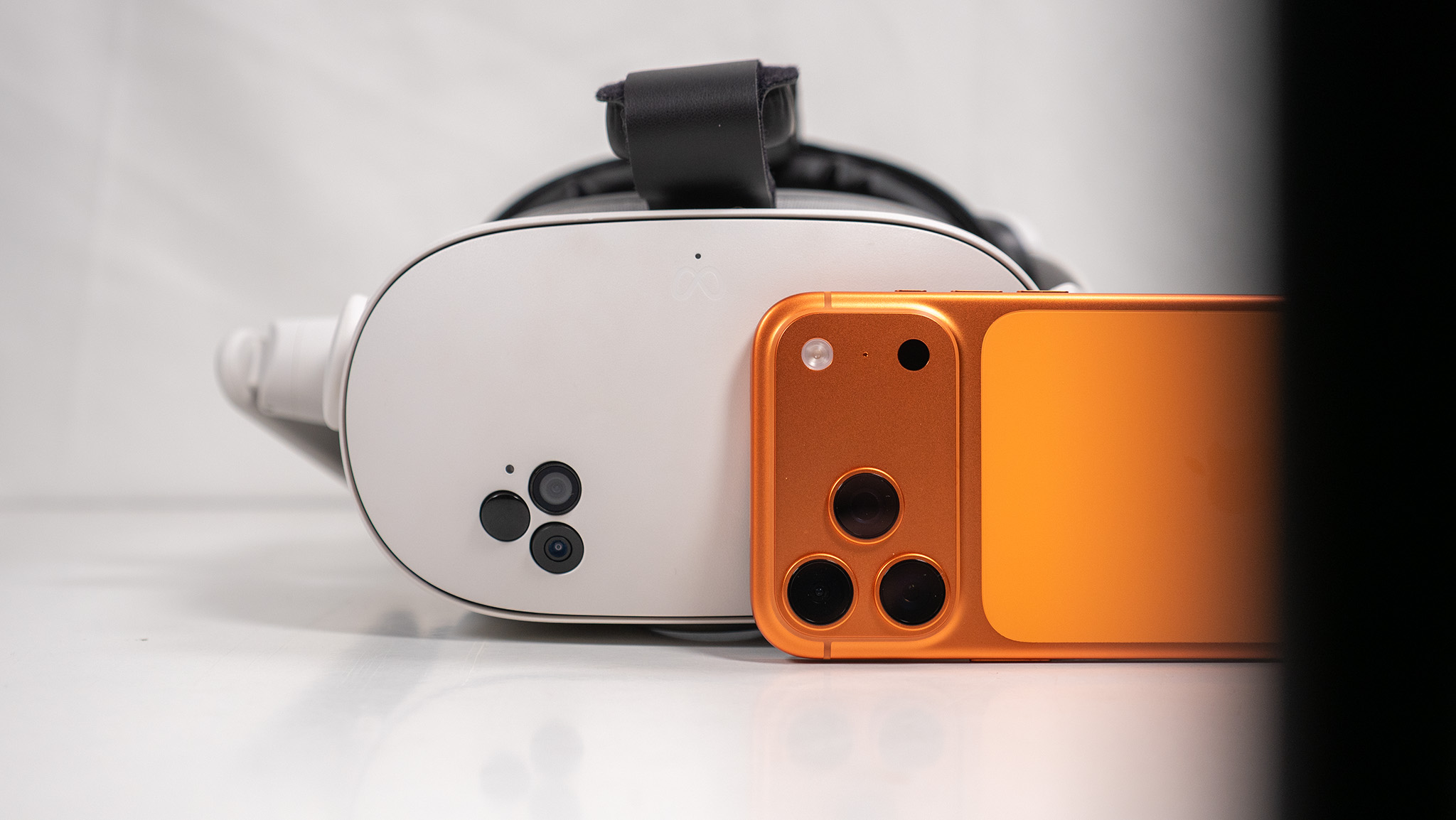Android Central Verdict
Elysian Acoustic Labs traditionally caters to the high-end category, but with the Pilgrim, it is bringing its technical excellence to the mid-range segment. The $399 IEMs have a distinctive design and standout build quality, and they combine a hybrid driver configuration with custom tuning to deliver exquisite sound. The bass in particular is among the best of any IEMs in this segment, but the rest of the frequency range is just as detailed. If you need sub-$500 IEMs with a noticeable bass-focused sound, your search ends with the Pilgrim.
Pros
- +
Gorgeous design
- +
Outstanding technical presentation
- +
Incredible bass with clearly-defined rumble
- +
Natural mids and detailed treble
- +
High-quality bundled cable
Cons
- -
Cable isn't modular
- -
Doesn't use standard 2-pin connector
- -
Limited accessories
Why you can trust Android Central
Elysian Acoustic Labs has a halo status in the enthusiast audio segment, and for good reason; the brand consistently delivers standout designs with exquisite sound quality. So when Elysian Acoustic Labs announced it was making IEMs that will retail for under $500, there was considerable interest. The brand's products cost five times as much, and its most affordable IEMs until now was the $1,699 Diva.
That's changing with the introduction of the Pilgrim. The IEMs retain Elysian Labs' fanatical attention to detail and build quality, and they're easily one of the more distinctive IEMs you'll see in this segment. But what you'll like the most is the pricing; the Pilgrim is available for $399 at audio retailers like HiFiGo, and that is a terrific value.
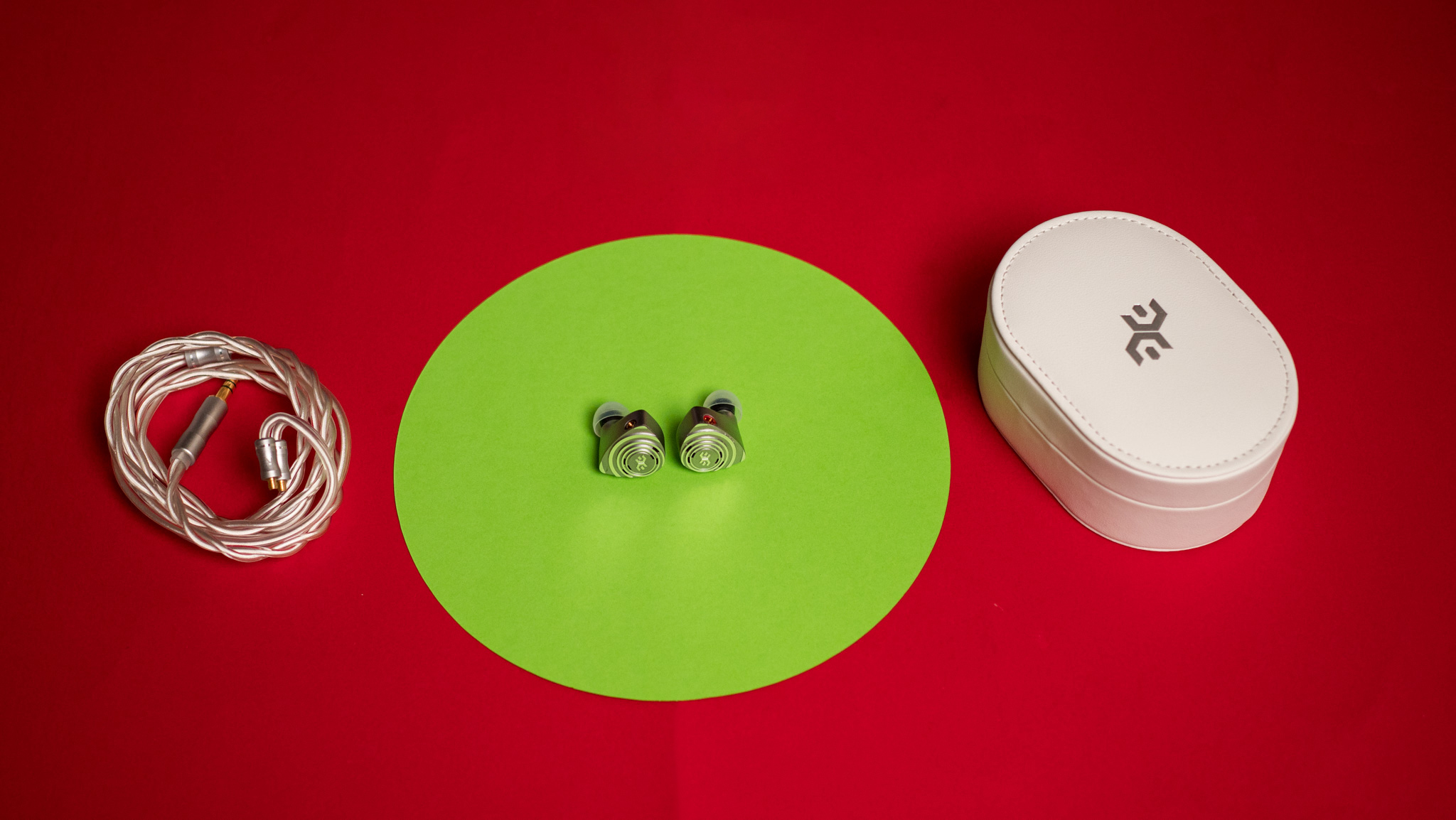
The design in particular is where the Pilgrim stands out considerably from the rest of the pack, so that's a good starting point. Most IEMs in this segment use resin-based shells, but the Pilgrim is made out of machined aluminum, and the sound nozzle is constructed out of stainless steel.
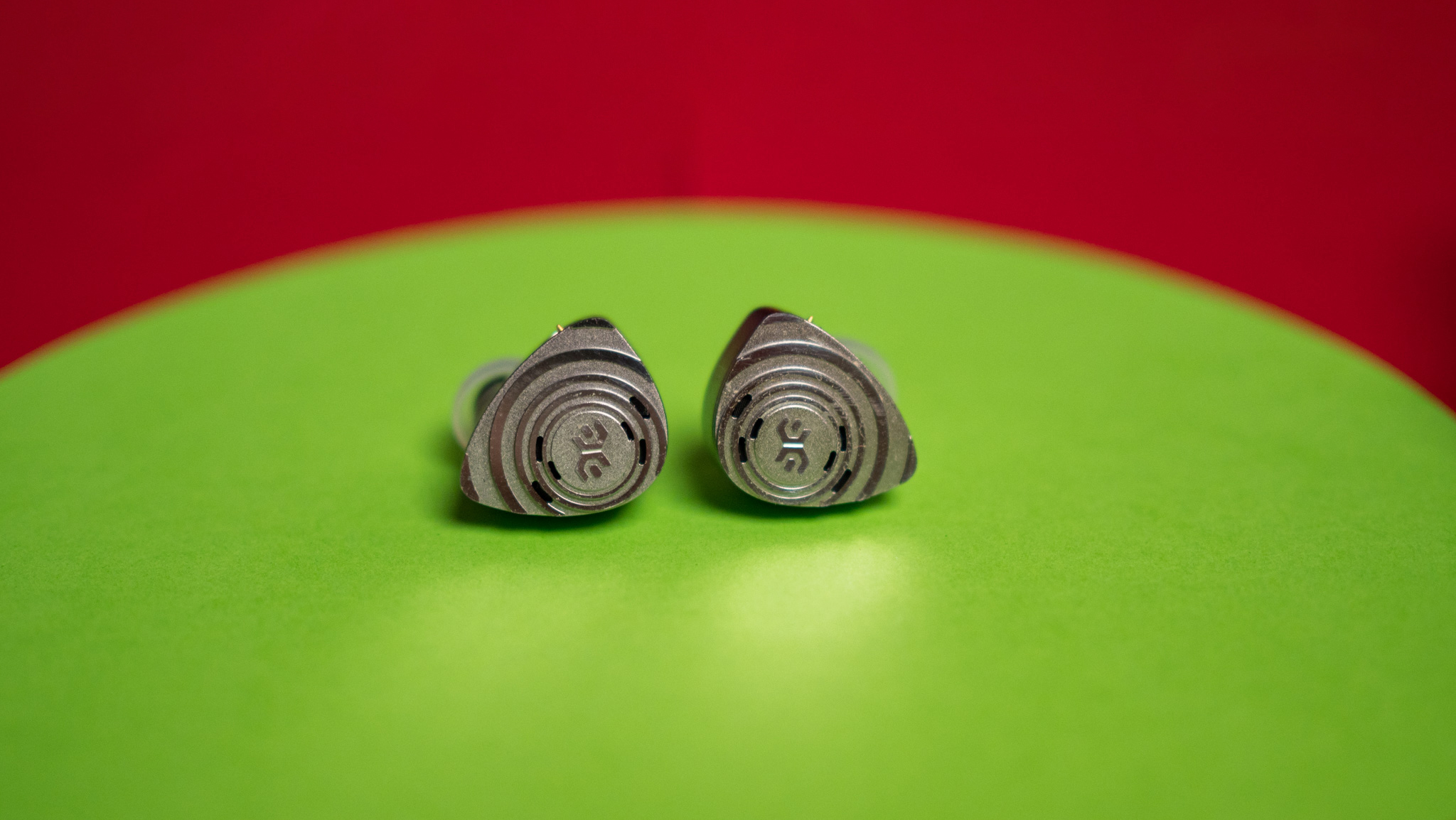
Obviously, the choice of materials means the Pilgrim is built to last, and to the brand's credit, the IEMs look and feel like they should cost a lot more. A lot of that is down to the design of the faceplate; the reflective rings with the Elysian Labs logo nestled in the middle gives the IEMs plenty of design flair, and it definitely grabs attention. I didn't notice this in daily use, but the grooves in between the rings pick up a lot of dust — that was evident when taking photos of the product.
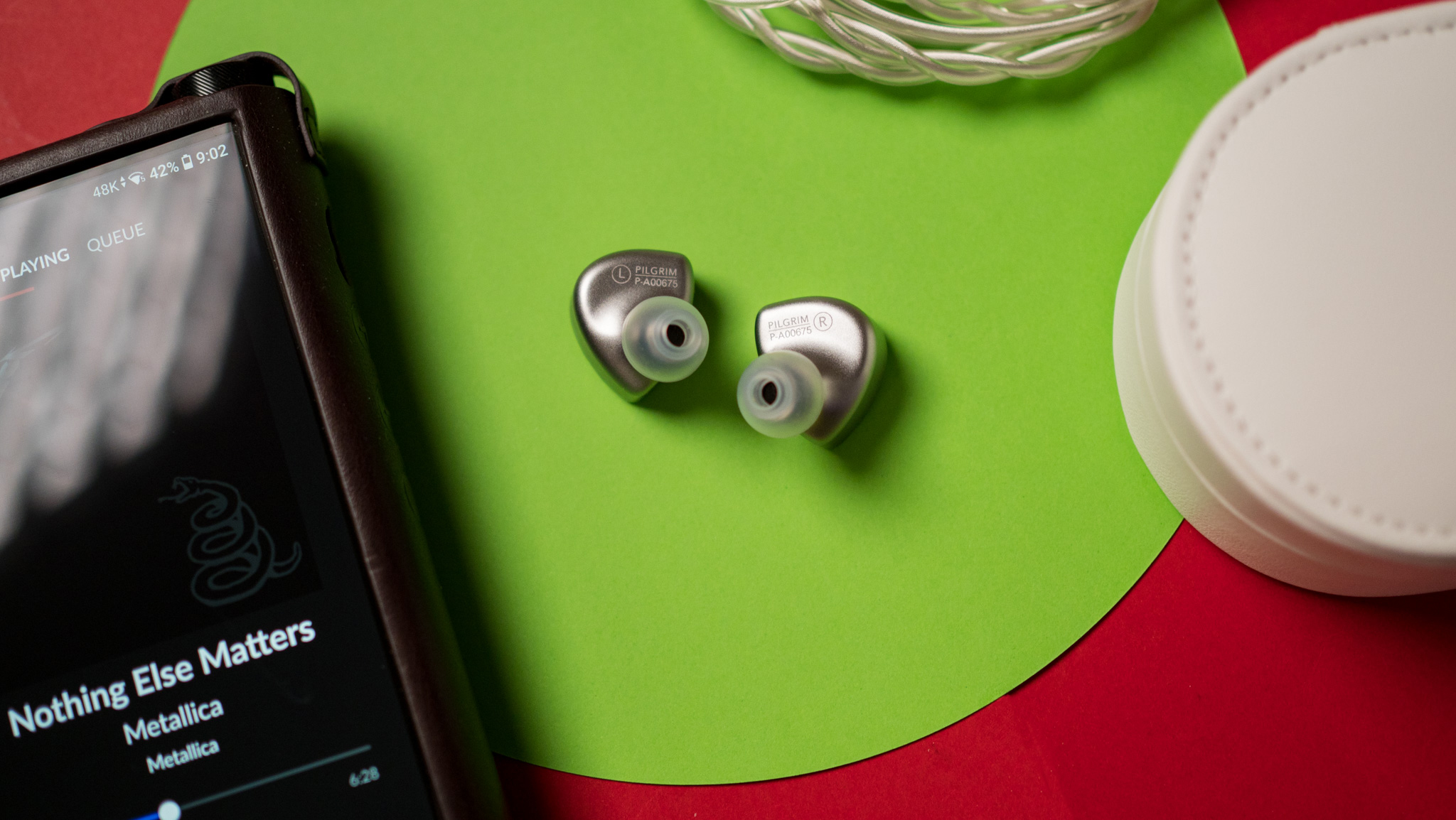
I wasn't sure about the comfort of the IEMs given the metal chassis, but that isn't an issue in daily use. The sizing leans towards the larger side, but I didn't see any problems getting a snug fit, and the IEMs didn't cause any fatigue even with extended use. The rounded corners make a difference in this regard, and because of the way the sound nozzle is designed, you get really good isolation.

Then there's the bundled cable. Elysian Labs includes a silver-plated copper cable with the Pilgrim, and it is excellent. It has a clear sheath covering the entire length of the cable — giving it better durability — and the only qualm I have with the cable is that it doesn't have a modular plug. You can choose a 3.5mm or 4.4mm connector when ordering the Pilgrim, but there's no way to change between the two.
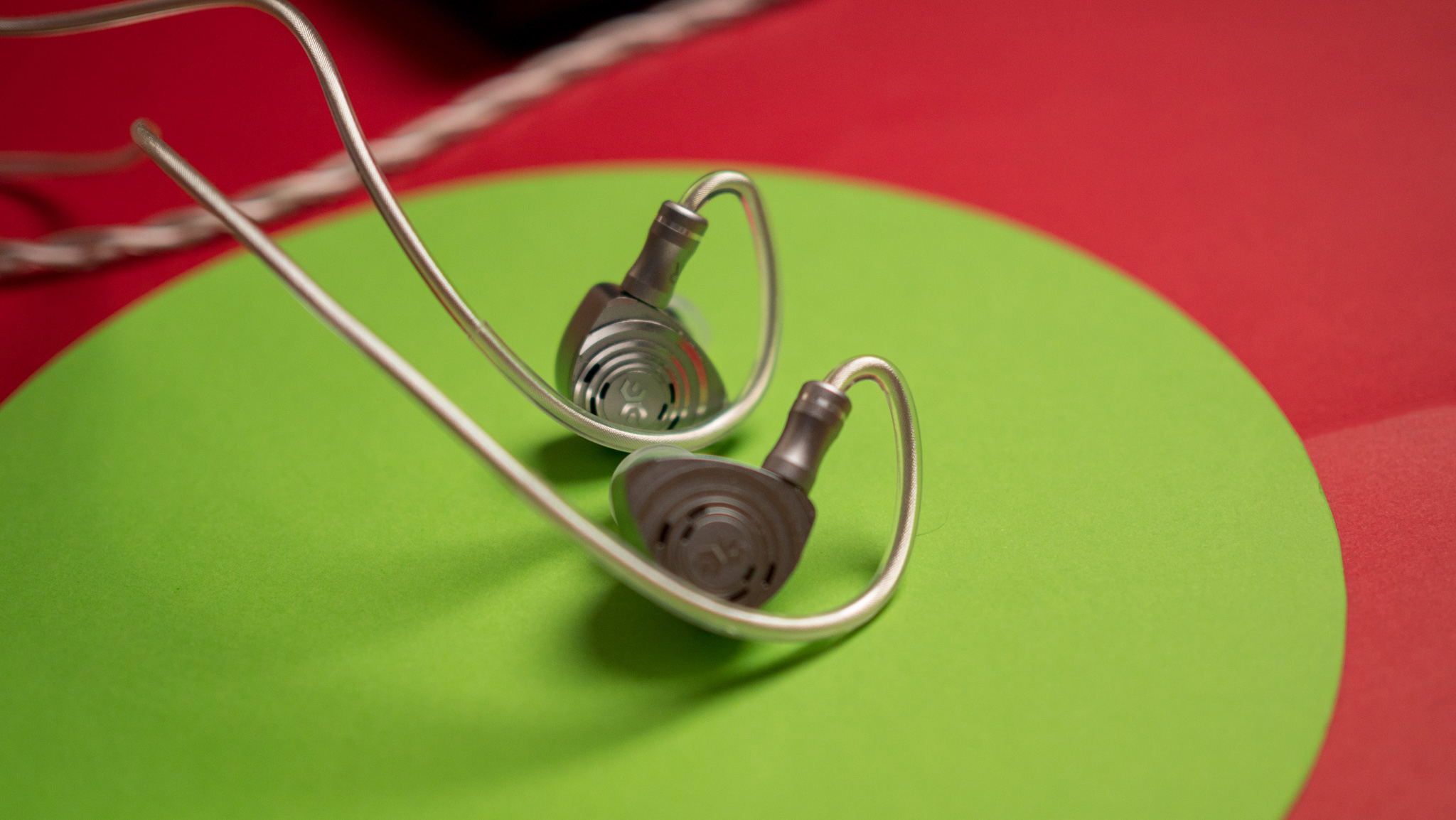
On that note, the cable connects to the IEMs via Pentaconn plugs, and they jut out a bit. It would have been better to see a standard 2-pin system as that would have allowed the Pilgrim to be used with a wider selection of aftermarket cables, and the connector itself is fragile, so you'll need to be vigilant while plugging in the cable.
Get the latest news from Android Central, your trusted companion in the world of Android
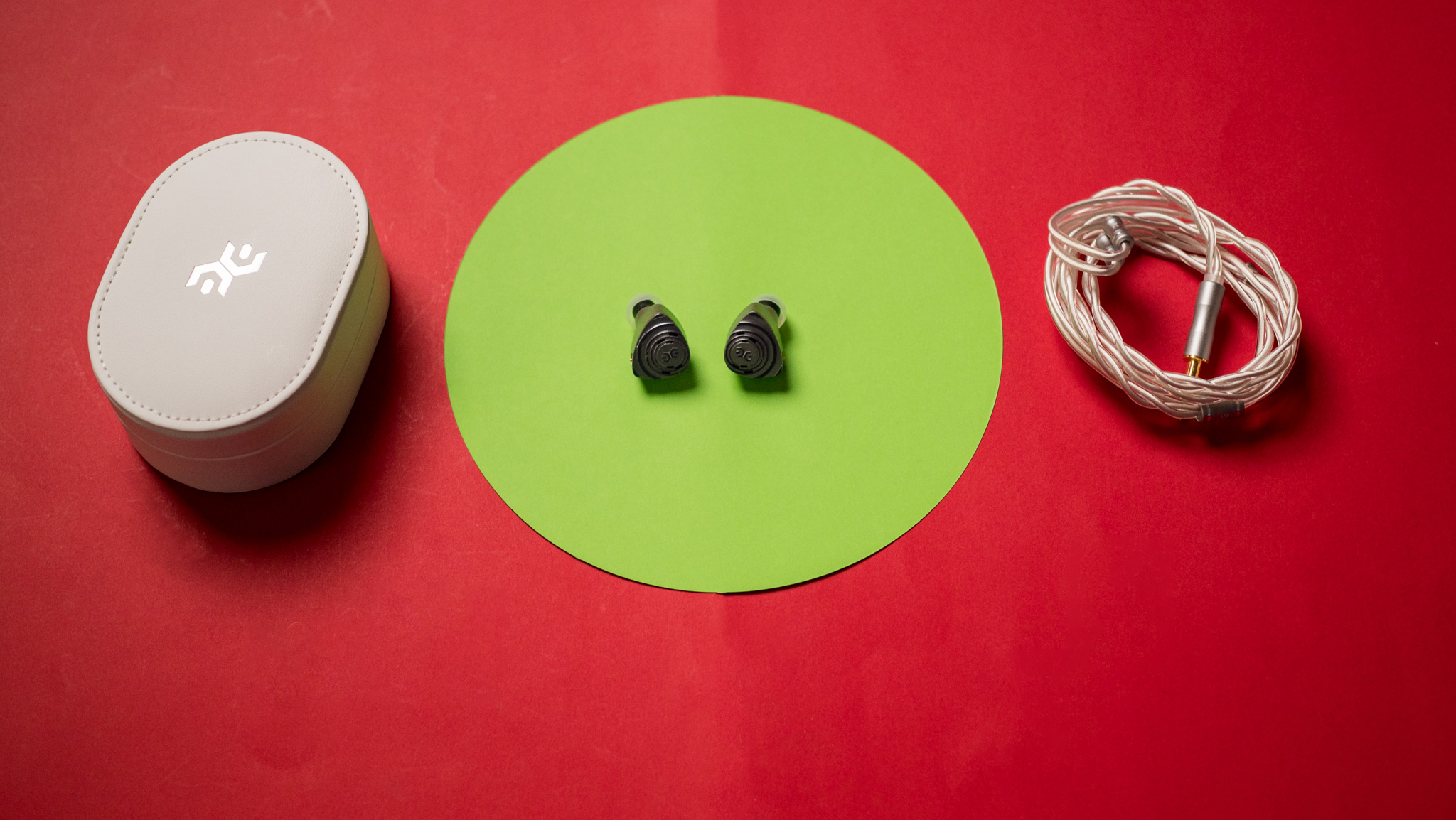
Elysian Labs did a great job with the packaging as well, and you get a hard shell case to hold the Pilgrim when not in use. However, you just get three SpinFit silicone tips with the package, and that's not nearly adequate; I would have liked to see a greater selection of options given the asking price. That said, the bundled tips should provide a good fit.
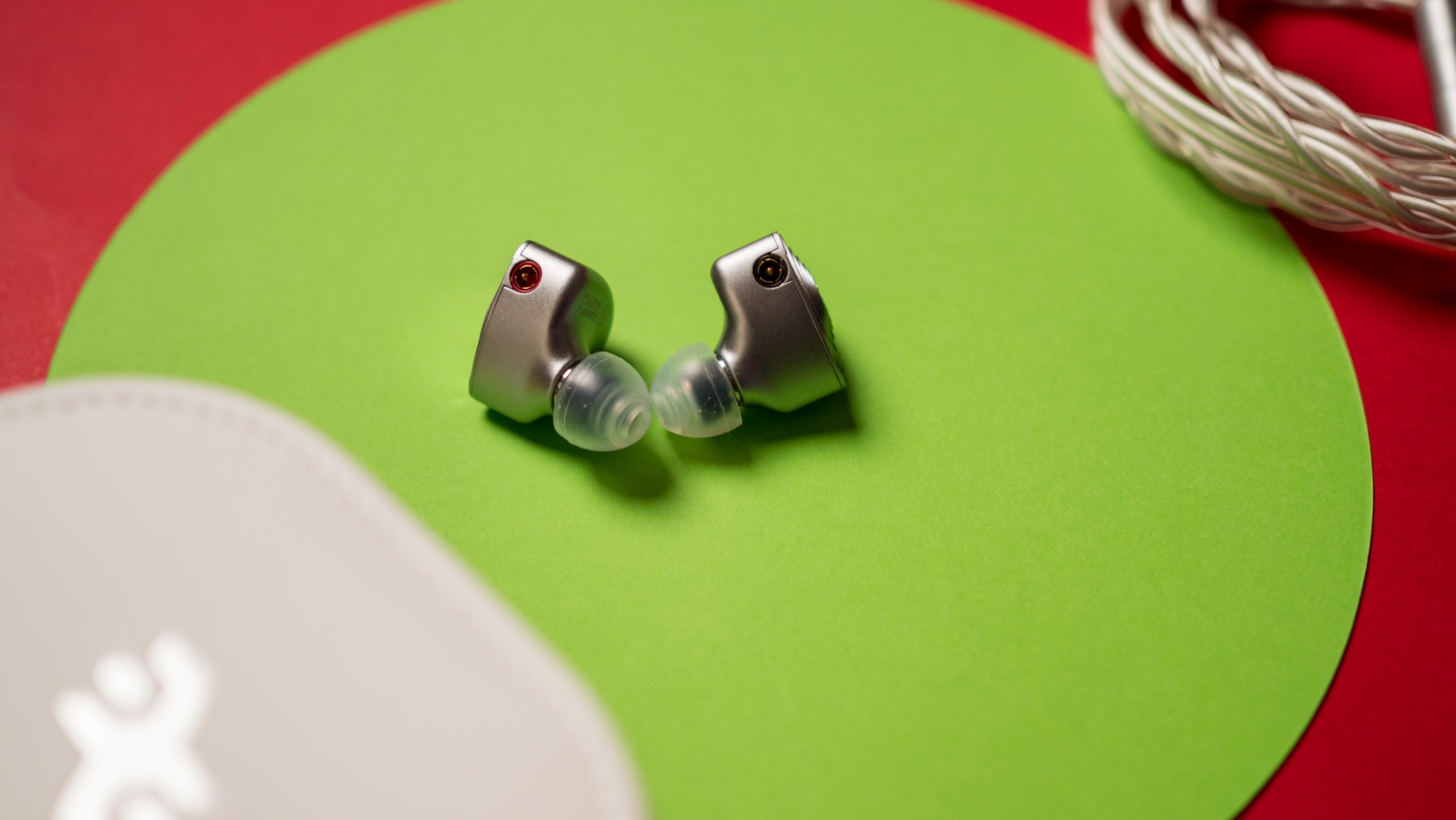
The Pilgrim uses a hybrid driver configuration that features a 9.2mm dynamic driver encased in a liquid silicone rubber shell that's designed to deliver better sub-bass, and it's joined by two sets of Sonion balanced armature drivers: the Sonion 2300 for the mids, and a pair of the brand's E50 drivers that handle the treble.
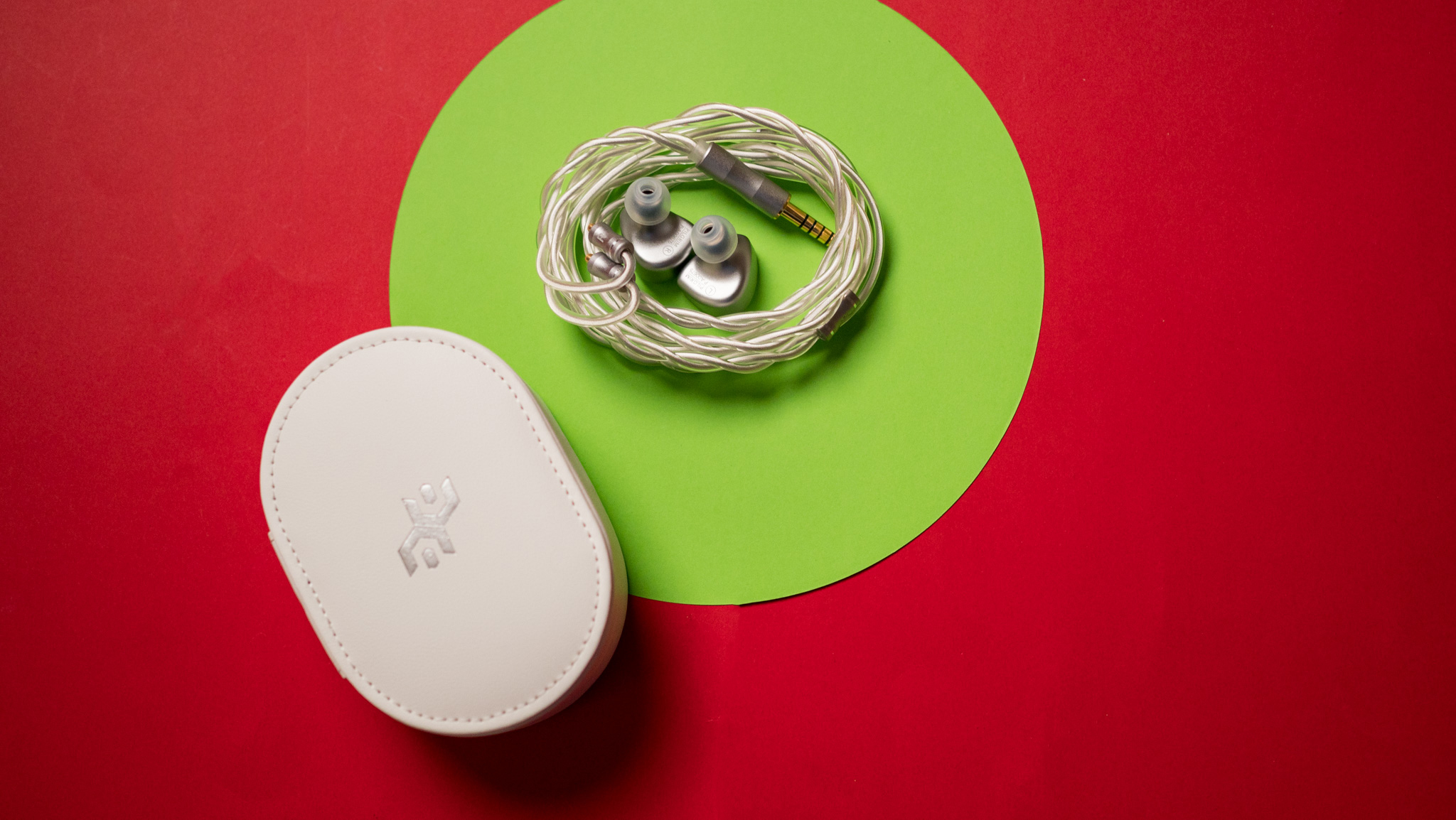
The sound tubes and acoustic chamber of the Pilgrim are crafted via 3D printing, and this allows the brand to deliver better consistency while manufacturing. With an impedance of just 9Ω and sensitivity of 101dB, the Pilgrim is incredibly easy to drive, and you don't need a powerful source to make the most out of the sound. I used it predominantly with the Fiio M23 and M15S, and you can use any dongle DAC instead to drive the Pilgrim with your phone.
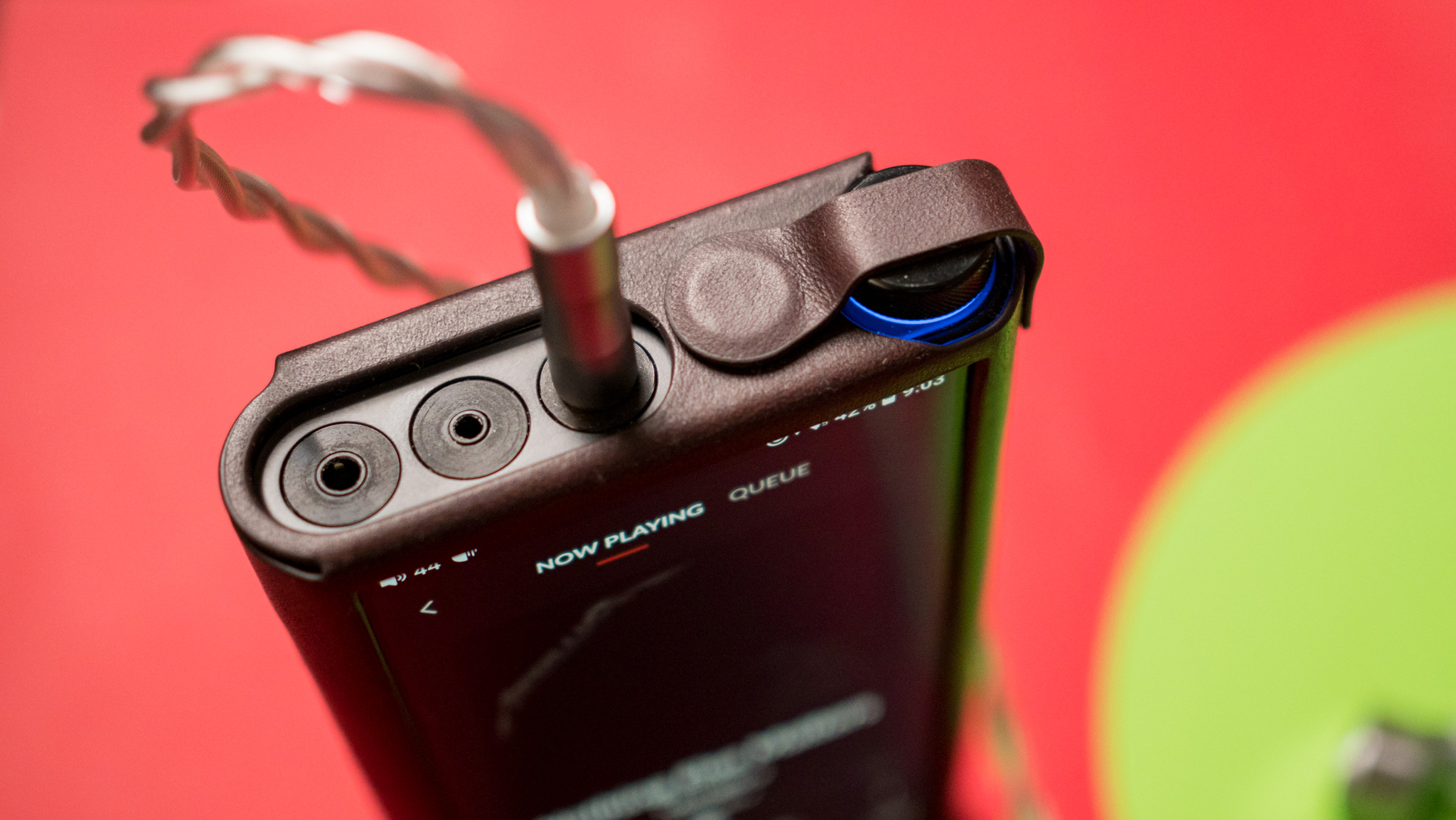
Coming to the sound, what's immediately evident is the bass shelf; the Pilgrim has a distinct sub-bass boost, and you get a very noticeable rumble that's delightful. The IEMs pair very well with mainstream music, and if you're looking for a bass-heavy sound signature, it is one of the best in this segment. The exuberance doesn't extend as much to the mid-bass, but you still get excellent definition and clarity.
Thankfully, the bass extension doesn't influence the mids, and you get excellent clarity and detail retrieval. Vocals are clear and natural, but what's particularly great is just how good instruments sound — you can hear every nuance even in an ensemble setting.
The treble has good definition, and while it is a bit bright, there isn't noticeable sibilance. The soundstage is wide and inviting, and the Pilgrim nails the technical details; the tuning lends itself well to a lot of modern genres.
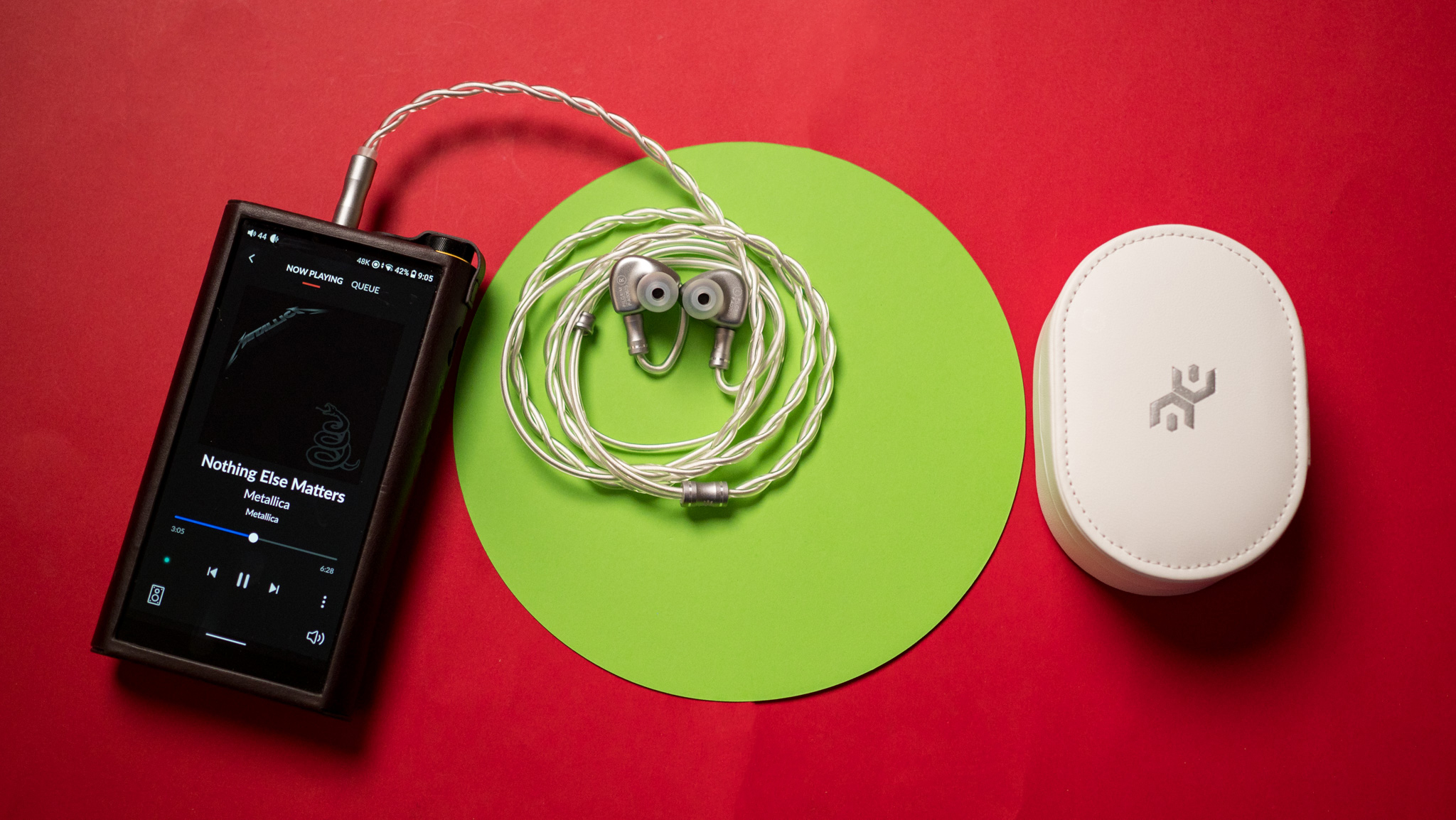
Honestly, the Pilgrim looks and sounds like it should cost at least twice as much as its $399 retail price, and if you want high-quality IEMs with a distinctive bass-focused sound, it is a no-brainer. The minor quibbles — lack of a modular cable and limited accessories — ultimately don't make a difference, and the Pilgrim is now my go-to choice in the sub-$500 segment.

Harish Jonnalagadda is Android Central's Senior Editor overseeing mobile coverage. In his current role, he leads the site's coverage of Chinese phone brands, networking products, and AV gear. He has been testing phones for over a decade, and has extensive experience in mobile hardware and the global semiconductor industry. Contact him on Twitter at @chunkynerd.
You must confirm your public display name before commenting
Please logout and then login again, you will then be prompted to enter your display name.
